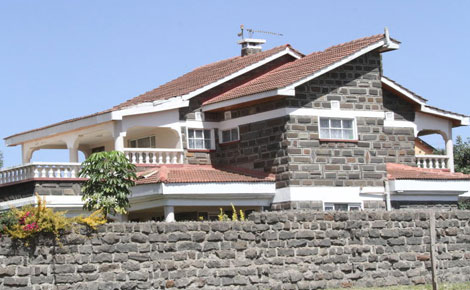×
The Standard e-Paper
Stay Informed, Even Offline

Fifteen years ago, Naka Estate was a lush green expanse of vegetation suitable for grazing animals. It attracted a large number of pastoralists who drove their animals here in search of water and pasture.